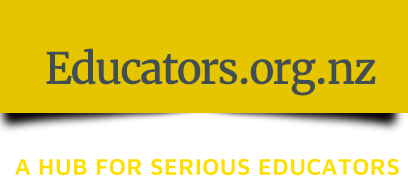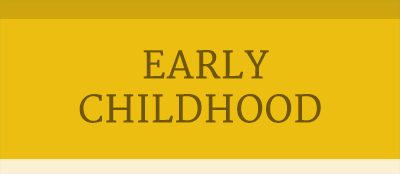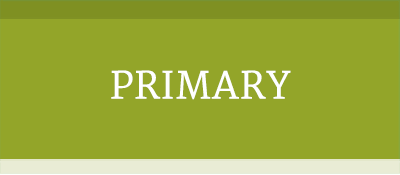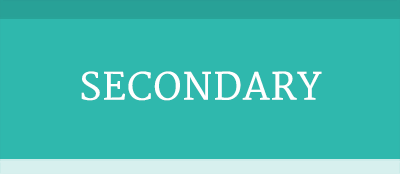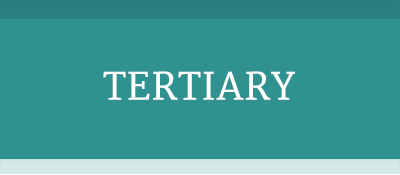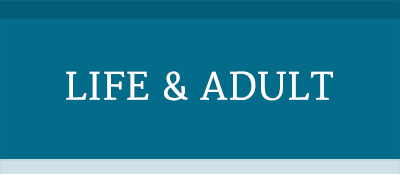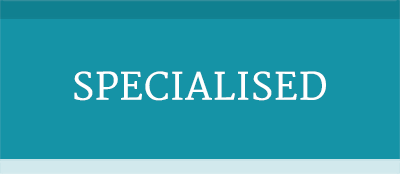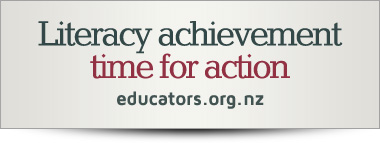International Education Achievement
No Change for 10 Years - A National Shame
What are some of the most important issues we should be addressing?
6 December 2013: By Joy Allcock M.Ed. (Hons.) Literacy Consultant
How do our students’ literacy skills affect the latest PISA results? We have fallen down the rankings for reading, science and maths. Reading skills must contribute in part to the poor results of our students in science and maths, as they do to poor results in our national exams. Reading is a critical part of success in all subjects – students need to be able to accurately read and understand questions before content knowledge can be applied.
We are not getting worse in our performance in international studies – we are just staying the same but other countries are getting better. Our averages in PIRLS and PISA have remained the same for 10 years. Our top students are among the best in the world but the gap between those who do well in our school system and those who do not is one of the largest in the world and it has not and is not changing.
This is unacceptable, not only for the thousands of students who fail in our classrooms every day, but for us as a country. It is a national shame.
A school principal recently said to me – ‘If the health system failed one in four people, something would be done quickly, but we fail one in four children in our education system and nothing is changing.’ His comment reflected his frustration at not being able to address the needs of some of his students.
Perhaps this is because the people we are failing are children – those without a voice. The health system affects adults as well – I am sure most adults would not be prepared to accept a one-in-four failure rate in primary health care.
Perhaps it is because children from poor socioeconomic circumstances are over-represented in the long tail of underachievement - people who may not have the means or knowledge to have their voices heard. It is worth noting however, that there are children from all socioeconomic groups represented in this long tail of underachievement. This is not just a problem of limited socioeconomic circumstances, although they are a huge contributing factor.
Perhaps it’s because our ‘catch-up’ funding is inequitably distributed. The Ministry’s own research into our nationally funded reading remediation programme shows that the most needy children – those in the lowest achieving 25% - do less well on this programme and in fact are often not even put on the programme because they do not yet have the pre-requisite skills to access it. The $30-$40 million a year that is spent on this programme is unlikely to provide the help required by the children with the greatest needs, but this is the only remedial option that is government funded. Non-contestable funding is provided for one type of remedial programme that is likely to work for the more successful of our underachieving children - children who just need a boost after one year of school, but there is no funding for others.
Perhaps it’s because we wait for a whole year before we offer any help to children who are not achieving as they should be. Teachers know who these children are within a month of them starting school, but in many cases, don’t know what to do to help them.
Perhaps it’s because we haven’t offered our teachers sufficient training to understand the processes children use to learn to read and write – instead we have taught them how to teach reading and writing - and we don’t teach them how to teach spelling at all! It’s like expecting medical practitioners to diagnose medical problems without any knowledge of anatomy and physiology.
Perhaps it’s because we have provided teachers with one model of how to teach reading (in particular) and writing. What happens if this doesn’t work? How do teachers provide different instruction if they don’t know other ways, and if they are not equipped with background knowledge to understand where the problem might lie?
Perhaps it’s because we are worried about our reputation in the world as a leader in literacy being tarnished if we change our national literacy policy – if we change this, are we saying what we have done before wasn’t as good as we thought?. Well it’s too late for this now. Our standing in these international studies makes our problems obvious. We need to have the courage to change what we are doing.
Perhaps it’s because we are not implementing policies that have been developed already. In recent years the Ministry of Education made changes to the national literacy policy. Teachers are now expected to include explicit instruction in the foundation skills for reading and writing. However, the models provided to teachers for effective practice still do not include these changes. Teachers need to be shown models of instruction that demonstrate changes or variety in teacher practice, not more of the same.
One such policy is the Literacy Learning Progressions which were developed by the Ministry of Education over a number of years and with full collaboration from the teaching community. They are a road map to successful instruction in reading, writing and maths.
When the LLPs were to be launched there were plans to provide teachers across the country with professional development to understand what they mean and how to use them to change instruction to meet student needs. Professional development was planned to address using the LLP’s to meet student needs. Why did this not happen?
Perhaps it was because the launch of the LLPs coincided with the decision to introduce National Standards and plans for professional development associated with the LLPs were put on hold so that National standards could be introduced. The National Standards are based on the way the Literacy Learning Progressions should be applied, but teachers were not provided with training to know how to use the LLPs. This was a wasted opportunity. There is no point in measuring achievement if there are no realistic plans for changing the outcomes. Change comes from looking at the basics and using research –based methods to bring about change.
What can be done?
I believe there are three critical areas affecting literacy failure.
- Oral language and life experience
We urgently need to address the inequity of children’s life experiences in New Zealand. The foundations for literacy success are based on a young child’s knowledge of oral language and their world experience. Many reputable advocates, including the Children’s Commissioner, have demonstrated ways that ‘child poverty’ severely limits language development and experience, among other things. - Teacher knowledge
I work with teachers across the country and I can say that most teachers get up and go to work every day because they want to help children be successful. However, they can only do what they know how to do. Teachers can change the outcomes for their students. They just have to know how, and they want to know how. - Literacy instruction in the first two years
NZ is still clinging to teaching strategies that do not always provide sufficient explicit instruction for some children, in the skills and knowledge needed for learning to read and write. This affects children in every school in the country.
Addressing poverty and its effects on the home lives of children is everyone’s responsibility. Every New Zealander is seriously disadvantaged by the effects of poverty. This has to become a national priority if we are to have any hope of addressing our national literacy failure.
Up-skilling teacher knowledge and making small but effective changes to teacher practice in the first two years at school are both easy and inexpensive to implement. Combining teacher professional development with a small but significant shift in teacher practice at Titahi Bay School made a huge difference to student achievement. Thirty percent more of their students were achieving at or above national expectations after this was introduced (91% achieving for reading – up from 60%, and 82% for writing - up from 49%). This is reported in the Ministry of Education’s Education Gazette for February 2013.
Massey University has designed and will be evaluating a more robust study to see if we can replicate these results across a bigger group of schools; approximately 40 schools will be taking part. We want to start this in Term One 2014 but as yet have been unable to find funding. We are waiting to hear the results of funding applications. No money is available from government sources.
Our poor results in these international studies are everyone’s responsibility. We have to stop explaining away the reasons for this failure. We have a problem in New Zealand but we also have the solutions. We need people to stop clinging to the past and to have the courage to look to the future. Our children deserve better and the success of our country depends on how we address this problem.
Joy Allcock M.Ed. (Hons.)
Literacy Consultant

